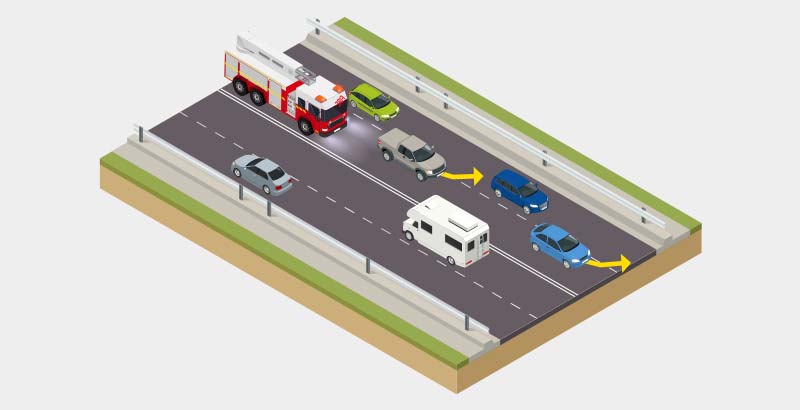Fire or life threatening emergencies: 000
Emergency Information: 13 3337
SES Emergency Assistance: 132 500
A flood is an overflow of water that submerges land that is usually dry.
Flooding can cover hundreds of square kilometres and last weeks, sometimes months.
In a flood, you and your family could be stranded and put in danger. Some remote areas could be isolated for months.
Create your emergency plan on Emergency WA to stay prepared, no matter where you are.

Did you know? More people die from drowning in floodwaters following a cyclone, than in the cyclone itself.
It doesn’t have to be raining in your area for a flood to occur.
There are several causes for a flood in WA:
Floodwaters are very dangerous. Water can be deep, fast flowing with strong currents and have sharp objects that can injure or trap you. Floodwaters can also contain toxic waste, chemicals and dangerous animals.
Not only can floodwater endanger human life, it can also damage infrastructure such as buildings, bridges and roads.
Most flood related deaths have occurred when people have attempted to drive through, walk, swim or play in floodwater. People have been seriously injured from debris or have drowned after being trapped in their vehicle or washed away in fast flowing water.
People who have taken action to be prepared for a flood before it happens are more likely to keep themselves, their families, their pets and their properties safe during a flood. Find out how to prepare for a flood.
Never try to drive or walk through a flood.
If you choose to drive through floodwater, you are choosing to risk your life and those of your passengers.
Find out more about travelling during a flood.

You and your household may be at risk of a flood even if you have never seen floodwaters near your home. It is important to know the risks of flood in your area, or areas in which you plan to travel.
Contact your local government to find out the flood risk in your area by asking them:
DFES and the Bureau of Meteorology work together to inform the community when there is a flood risk. DFES will provide the latest information on Emergency WA.
There are three warning levels which move up and down to reflect the risk to your life or property before, during or after a flood. These are the same warning levels as bushfire, storm and cyclone.

If you encounter an emergency vehicle while driving:
Remember: It is an offense not to give way to an emergency vehicle. The penalty is a fine and loss of demerit points. For more information, please refer to the Road Safety Commission website.
It’s important you know how to access different information sources to stay up to date when travelling in WA because there may not be reliable telecommunications in remote areas.
Radio tends to be a reliable source of information during outages, so ensure you have a battery-operated radio.
Call 13 DFES: 13 3337
Listen to ABC local radio
Main Roads WA or call 138 138